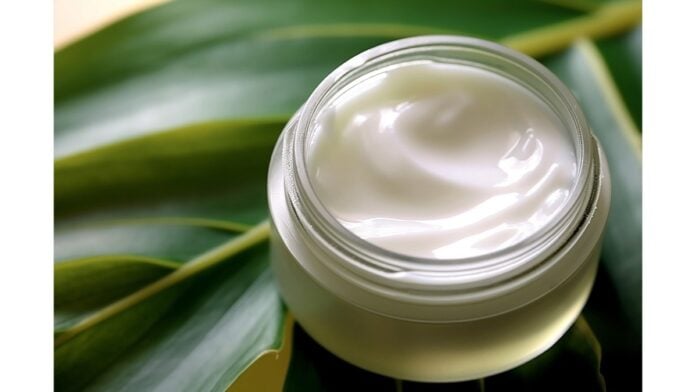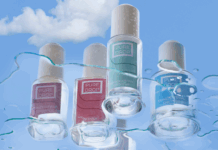Ecovia Intelligence, a London-based consultancy specializing in ethical markets, has published its sustainable cosmetics forecasts for 2024.
Among sustainable products, natural and organic cosmetics are the most established, with market shares approaching 10 % in the USA, Germany and Switzerland. Overall, the range of cosmetic products with sustainability attributes is set to continue expanding. New products will be launched with ecological attributes. Anhydrous products (shampoo bars, solid moisturizers, fabric masks) will continue to grow this year. And other sustainable products - such as microbiome-friendly and refillable products - are gaining in popularity.
Another trend: the number of ethical labels in the cosmetics industry will continue to rise. Natural and organic labels are the most established; Cosmos and Natrue are the leading standards, with over 35,000 and 6,400 certified products respectively. Other popular eco-labels include Nordic Swan, Fairtrade, Non-GMO and Climate Neutral.
More and more consumers are adopting a vegan lifestyle and/or reducing their consumption of animal products, and are looking for plant-based cosmetics. A growing number of brands are expected to market vegan products.
Cosmetic ingredients are increasingly produced using precision fermentation, plant cells and new technologies.
What's more, according to Ecovia Intelligence, we can expect to see more companies using carbon molecule capture to manufacture cosmetic ingredients, packaging and finished products.
Growing consumer concern about deforestation is also encouraging companies to develop green ingredients. Last year, Palmless, an alternative to palm oil, was launched in the USA; chemically almost identical to palm oil, this product is marketed as deforestation-free. In Europe, NoPalm Ingredients and Äio are creating alternatives to palm oil from agricultural by-products. Other ingredients of this type are due to be launched this year.
Quid packaging? The move away from single-use plastics is encouraging cosmetics brands to experiment with new materials. Bamboo, beeswax, wood chips, agricultural fibers and other bio-based materials are finding their way into cosmetics packaging. Some brands are considering soluble and compostable packaging.
Finally, green claims will come under closer scrutiny as new legislation is passed. Ecovia notes that the European Parliament has given the green light to a new directive that will require companies to justify their environmental or sustainability claims.
Ecovia Intelligence will present these developments at the Sustainable Cosmetics Summit. The North American edition will take place in New York from June 4 to 6, 2024, the European edition in Paris from October 28 to 30, and the Asia-Pacific edition in Hong Kong on November 11 and 12.
Photo: Aesthetic Journey / Pixabay








